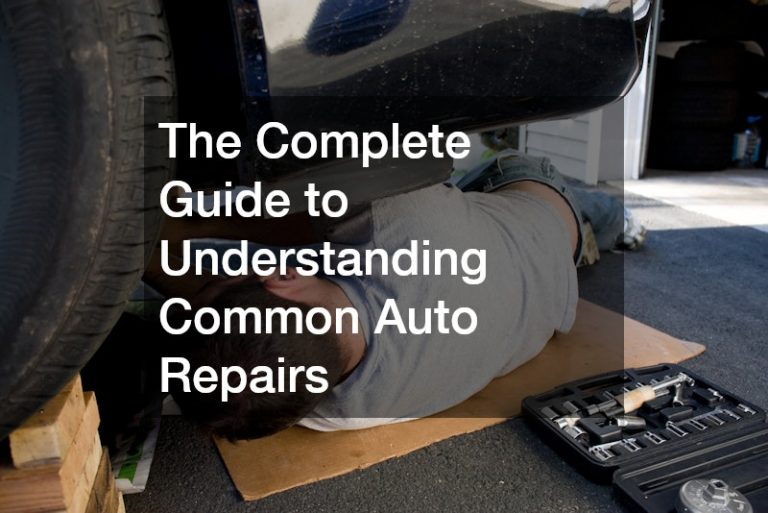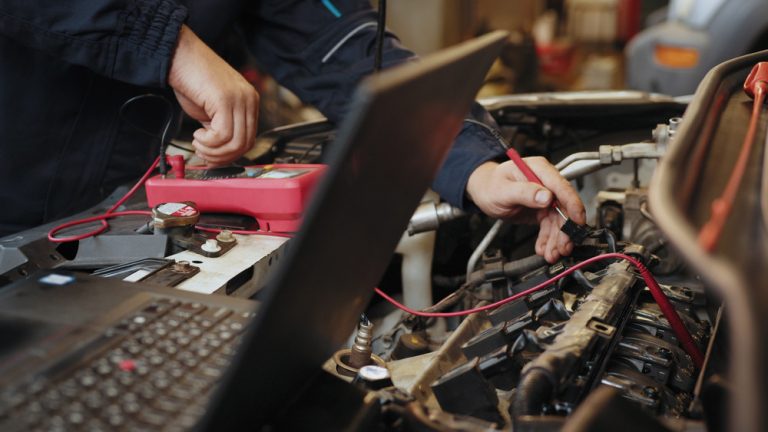


An electric brake controller is a small but very important gadget in your toe vehicle, camper trailer, caravan or boat trailer. A brake controller functions by activating electric brakes on your automobiles. It has a vital functionality in that your vehicles responds smoothly whenever you hit the brakes. With different models around for your automobiles, it’s important to get the right one for your tow vehicle or trailer. The electronic brake controllers are grouped into either proportional brake controller or the time-delayed brake controller. However, the two types of brakes are the same but with a slight difference in their functionality.
1.Proportional Brake Controller
This type of electronic brake controller works by applying an equal amount of brake intensity on both the tow vehicle and the trailer. It is able to detect and sense the speed of the tow vehicle, and whenever it slows down, it triggers the same amount of brakes on the trailer. You can actually adjust your brake preferences based on the weight of your trailer. With this electronic brake controllers, you can get up to three types of brake functionality, the general braking, emergency braking or the snail braking. It ensures braking fluidity on both the tow vehicle and the trailer with an equal amount of brake intensity. It’s able to achieve its brake functionality through an internal inertia-based also referred to as accelerometer. Advantages of using this braking system are smooth and prompt braking, and super-braking efficiency.
2.Time-Delayed Brake Controller
The second type of electronic brake controllers is the time-delayed brake controller. When your apply brakes in your tow vehicle, a signal passes the break switch to your trailer’s brakes. And through this channel, a break is applied in both the tow vehicle and the trailer. However, it functions differently to the proportional brake controller in that, there is a slight delay from the braking point on your tow vehicle to the braking point on the trailer. It is so named due to that differential delay. No matter the braking situation, there’s always going to be a delay. Several factors like type of trailer, load size, and the road conditions will have an effect on the initial braking power to the receiving end of the trailer. Prior towing setup testing is encouraged in order to minimize the braking delay and achieve a good braking response. In some cases, you may notice the brakes pulsing on and off when hazard flashers are activated. This results when a signal from the brake lights revert back into the brake controller. To remedy this situation, install a pulse inverter to isolate brake controller from the flashers.
With both of these electronic brake controllers performing to their expectation, their differences only give you a room to decide. You’ll want to have control of your braking system and avoid unnecessary uncontrollable sway.




